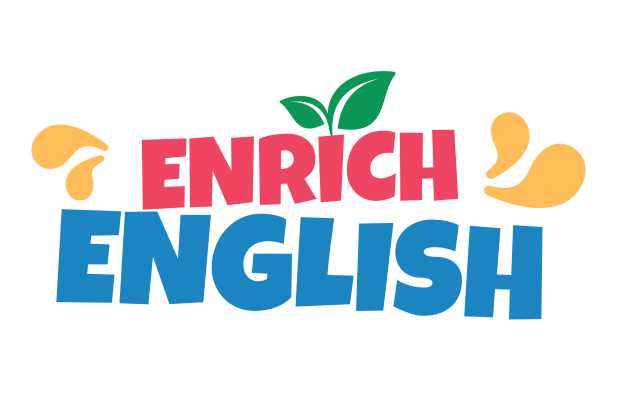Planning a vacation
Lesson focus on discussing about planning a vacation, including destination choices, budgeting, and itinerary creation.
Part 1
Warm-up
Answer the questions
Do you usually travel?
What place do you like to go on holiday?
Part 2
Vocabulary
Read the word, its’ meaning, and the examples
Then make up your own sentences using the word.
Student can skip the words they already know.
itinerary
/aɪˈtɪn.ə.rer.i/
A detailed plan or route of a journey.
I checked our itinerary for tomorrow's schedule.
Let's include the museum in our itinerary.
destination
/ˌdes.təˈneɪ.ʃən/

The place to which someone or something is going or being sent
Our flight's destination is Tokyo.
They arrived at their weekend destination.
accommodation
/əˌkɑː.məˈdeɪ.ʃən/

Place to stay during a holiday or trip.
We need to book accommodation for our vacation.
The hotel provides excellent accommodation.
sightseeing
/ˈsaɪtˌsiː.ɪŋ/
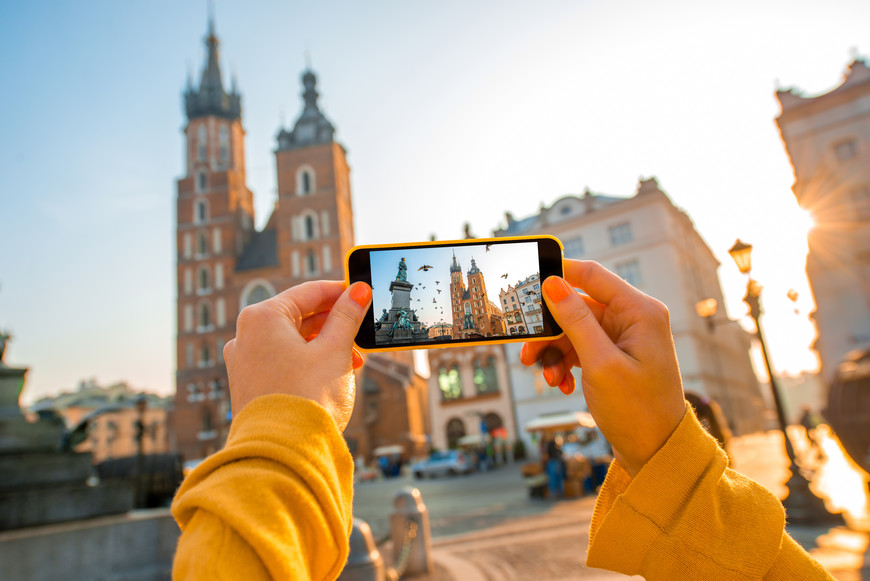
The activity of visiting places of interest in a particular location.
We did a lot of sightseeing in Paris.
Sightseeing can be tiring, but it's worth it.
reservation
/ˌrez.ərˈveɪ.ʃən/
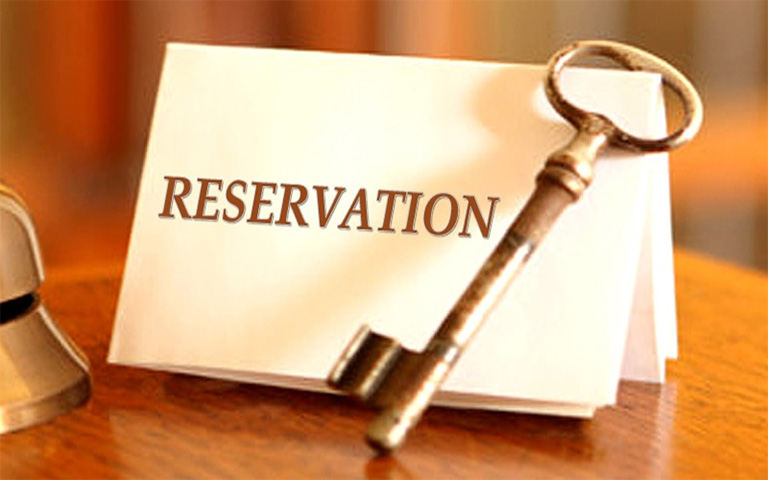
an arrangement to have something kept for you, for example, a seat on an aircraft or a table at a restaurant
I have a hotel reservation under the name Smith.
Did you make a reservation for dinner?
brochure
/broʊˈʃʊr/
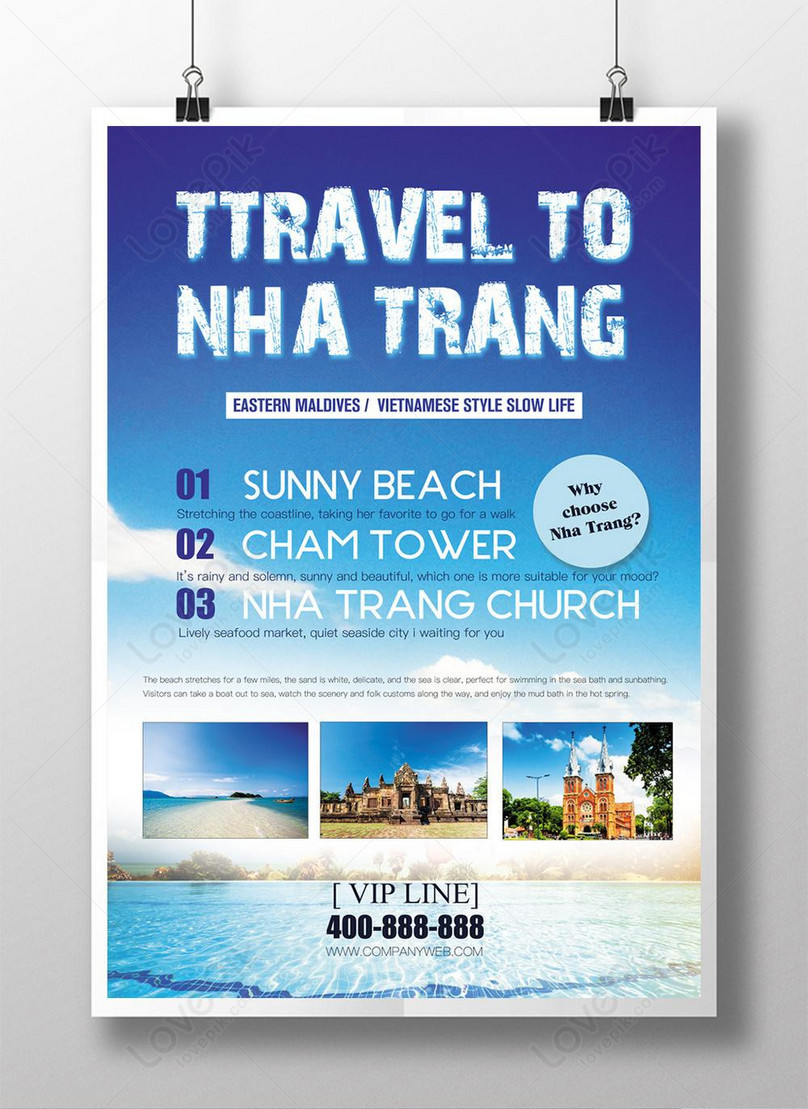
A small magazine containing pictures and information about a product or place.
Take this brochure for information on local tours.
The travel brochure lists all the attractions.
Make up your own sentences using the words.
Part 3
Dialogue Practice
Practice the conversation with teacher
Alice and Bob are sitting at a table with travel brochures spread out in front of them.
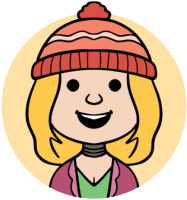
Alice
Look at this brochure, Bob! It has beautiful beaches. I think our vacation destination should be Thailand.
Good idea, Alice. Thailand has lots of sightseeing, too. We need a good itinerary.

Bob

Alice
Yes, let’s plan. First, we’ll make a reservation for our flights and accommodation. I want a hotel by the sea.
Me too. After we arrive, we can rest and then go sightseeing in Bangkok.

Bob

Alice
I want to see the temples and the big market!
And I want to try Thai food. Let’s write down our plan.

Bob

Alice
We will make a list of places and check the brochure for more ideas.
This will be a fun trip. I’m excited about our vacation!

Bob
Now please summarize the conversation without reading the conversation
Part 4
Grammar points
Read the grammar points & their examples. Are there any grammar points you do not know? The teacher will explain.
1. First conditional (điều kiện loại 1)
If + S + V (present tense), S + will + V(inf)
Usage: The first conditional shows a likely or possible outcome that will probably happen if a certain condition is met.
- If it’s sunny tomorrow, they will go to the beach.
- If she works hard, the boss will give her a raise.
2. Second conditional (điều kiện loại 2)
If + S + V2 (past simple) , S + would + V(inf)
Usage: The second conditional shows an unlikely or impossible outcome that wouldn’t happen in most cases.
- If we won the lottery, we would travel around the world.
- If I lived near the beach, I would learn to surf.
- If I were rich, I wouldn’t work anymore.
Tips:
– “Be” verb is always were ( not was) for all subjects
– “Would” can contract to “d” with subjects that are pronouns.
Ex: If the clerk were taller, she’d be able to to reach the top shelf.
3. Third conditional ( past regrets)
If + S + had + V3 (past participle), S + would + have + V3 (past participle)
Usage: The third conditional expresses a past regret or show a different outcome that would have happened if a certain condition had been met.
- If Maya hadn’t caught a cold, she would have traveled with us.
- If they had visited Paris, they would have gone to many famous museums.
- If he had studied harder, he would have passed the exam.
Part 5
Discussion
Let’s use the vocabulary you’ve learned during the lesson and talk about the following topics/questions freely!
Teacher helps student expand and correct the answers
Where would you like to go for your next vacation?
What do you need to do before you can go on vacation?
How do you choose a hotel or place to stay?
What things do you pack in your suitcase for a trip?
Do you prefer to go sightseeing or relax on the beach? Why?
How do you find out about interesting places to visit on vacation?
Why is it important to make a reservation before you travel?
Do you usually make plan for travel? (think and write down it)
What kind of food do you want to try when you visit a new place?
What would you bring back as a souvenir from your vacation?
Review
Let’s review the lesson with teacher
6 words and phrases in the lesson
Grammer points
Discussing about planing a vacation
See you next lesson
Homework
Do homework
Write a plan for your next vacation (8-15 sentences).
Then practice speaking & record to send to teacher for checking pronunciation

